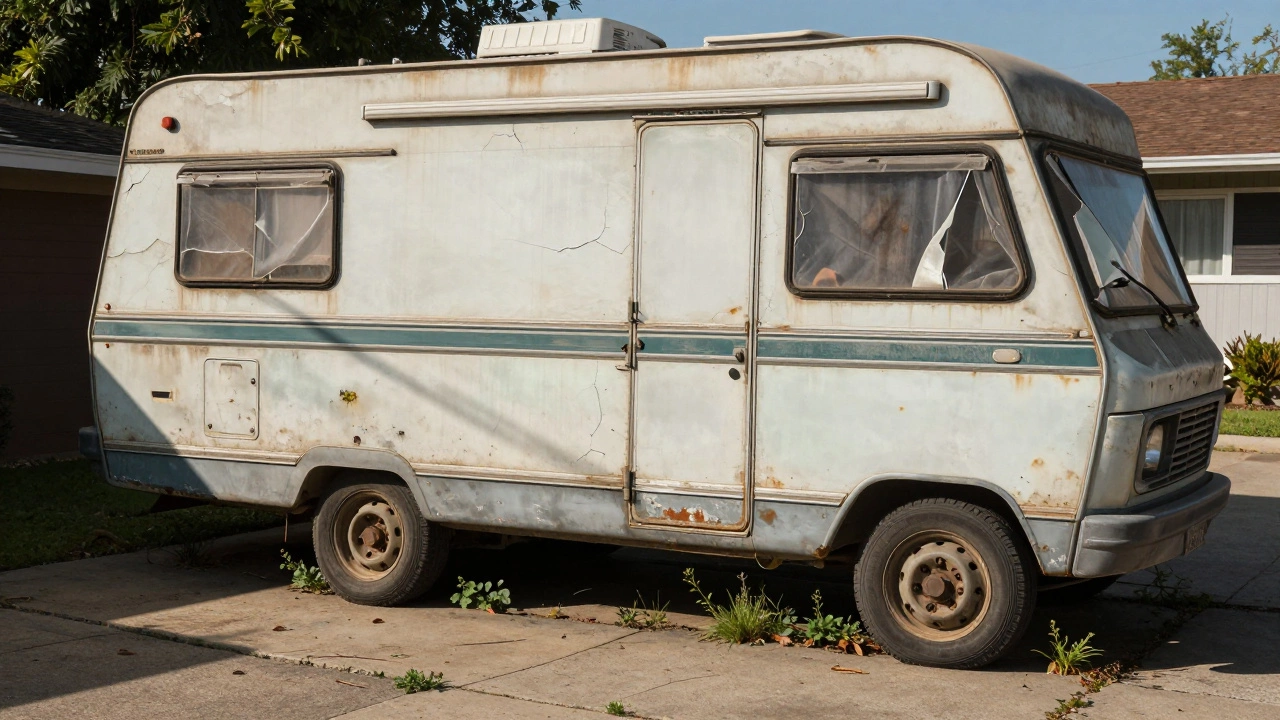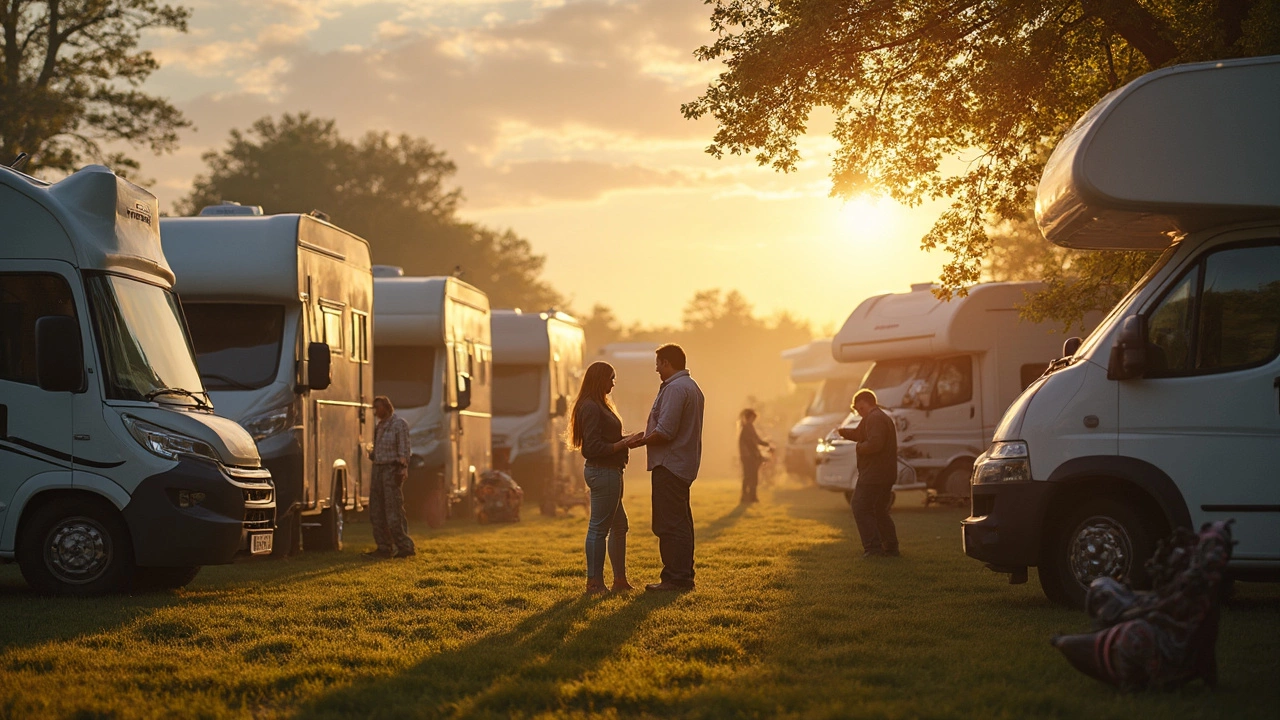RV Ownership Costs – The Real Numbers Behind Your Motorhome
If you love the idea of life on the road, you’ve probably wondered how much it actually costs to own an RV. People often think it’s just the purchase price, but daily expenses add up fast. In this guide we break down the biggest cost buckets, show you where hidden fees hide, and give practical ways to keep your budget in check.
What you’ll spend on every RV – the main cost categories
1. Purchase price – New motorhomes start around £40,000 and can top £150,000 for luxury models. Used units are cheaper, but they may need extra work. Check the vehicle’s service history and any rust or wear that could bite you later.
2. Fuel – Motorhomes are heavy and not the most efficient. Expect 10–12 mpg on the highway and less on hills. If you drive 15,000 miles a year, fuel could be £1,500‑£2,500 depending on diesel prices.
3. Insurance – Rates depend on the RV’s value, how often you travel, and your driving record. A typical policy runs £300‑£800 a year. Adding breakdown cover adds another £100‑£150.
4. Servicing & maintenance – Regular servicing (oil change, brake check, tyre rotation) can cost £200‑£500 each visit. Budget for unexpected repairs – a broken pump or a faulty heater can be a few hundred pounds.
5. Parking & campsite fees – Campsite charges vary from £15 a night for a basic pitch to £60 for premium sites with full hookups. If you boondock (free camping) on public land, you’ll save money but need to plan water and waste disposal.
6. Taxes & road licence – In the UK you’ll pay vehicle tax based on CO2 emissions, typically £200‑£500 a year. Some motorhomes qualify for a reduced rate if they’re low‑emission.
7. Living expenses – When you live full‑time in a motorhome, you still need utilities like electricity (generator or solar), water, and internet. Solar panels can cost £800‑£1,200 upfront but cut generator use.
How to trim the costs without losing the freedom
Start by buying a used RV in good shape. Look for models that are a few years old – you avoid the biggest depreciation hit and still get modern features.
Plan your trips around free or low‑cost sites. Many UK forests and national parks allow dispersed camping for free, just make sure you follow local rules.
Invest in a good set of solar panels. The upfront cost spreads over years and saves on fuel for the generator. Pair it with a portable power bank for evenings.
Do simple maintenance yourself. Changing the oil, checking tyre pressure, and cleaning the filters are easy tasks that keep the big bills down.
Shop around for insurance. Use comparison sites and ask for a discount if you have a clean driving record or if you park the RV in a secure yard.
Consider a shared ownership model if you only use the RV a few weeks a year. Some clubs let you rent a motorhome for a fraction of the purchase price, cutting depreciation and storage costs.
Finally, track your expenses. A spreadsheet or a simple budgeting app shows where money goes and helps you spot waste. Over a year you’ll see patterns – maybe you’re paying for a premium campsite you rarely use.
Owning an RV can be a fantastic way to explore the UK, but it’s not free. By understanding each cost piece and acting on the tips above, you can enjoy the open road without breaking the bank.
-
 VIEW POST
VIEW POSTWhat Is the Downside of Owning an RV? Real Costs and Hidden Hassles
Feb, 23 2026|0 CommentsOwning an RV sounds freeing, but the real costs-maintenance, storage, depreciation, and insurance-add up fast. For most people, renting is smarter, cheaper, and less stressful. -
 VIEW POST
VIEW POSTHidden Costs of Owning an RV: What You Need to Know
Mar, 16 2025|0 CommentsOwning an RV may seem like a dream of adventure and freedom on the open road, but there are hidden costs that could catch novice owners off guard. From maintenance and insurance to unexpected repairs and storage fees, these expenses can quickly add up. Knowing what to expect in advance can save you from unwanted surprises. Discover the full range of costs involved to ensure you are fully prepared before diving into RV ownership.